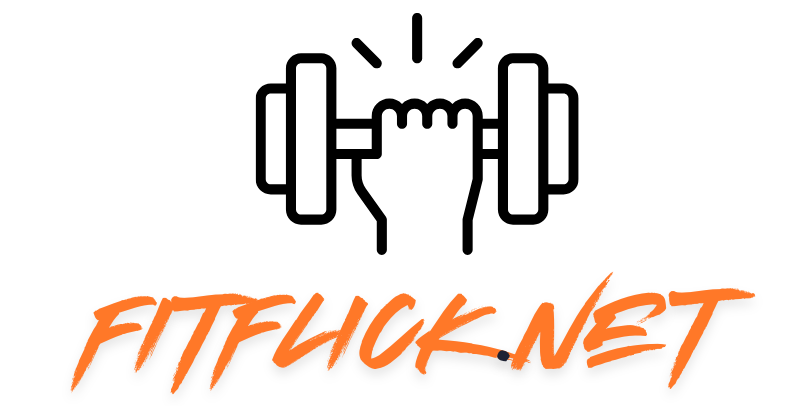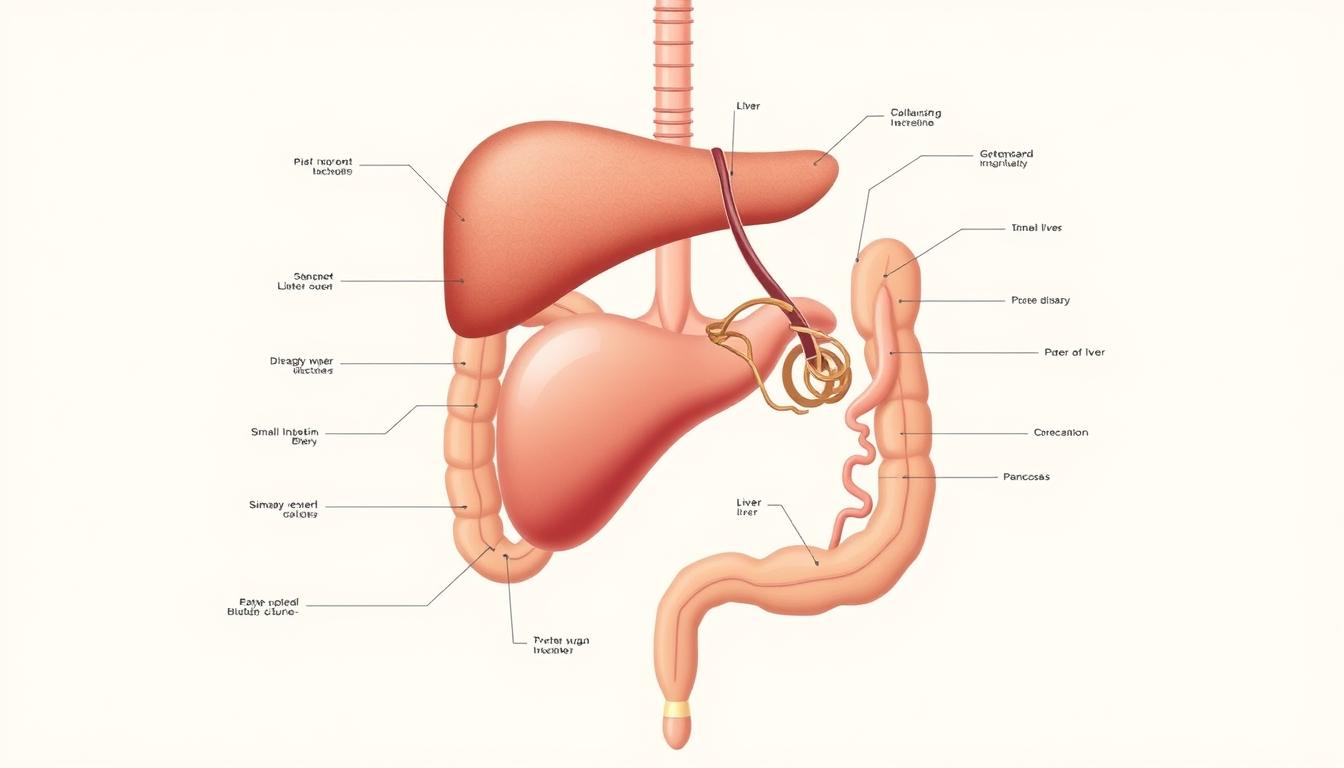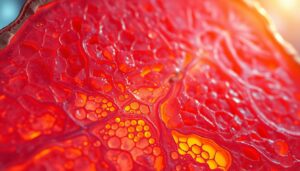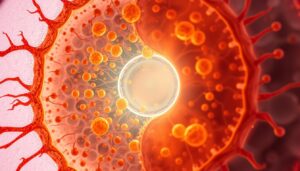Did you know your gallbladder is key to digestive health? Yet, many don’t think about it. It’s hidden under your liver, working hard to help your body digest and absorb nutrients1.
Your gallbladder is a vital storage spot for bile, a special digestive fluid. It’s small but plays a big role in your digestive health. Bile breaks down fats, helping your body get the nutrients it needs1.
Knowing how your gallbladder works can help you make better choices. It’s about preventing gallstones and keeping bile flowing well. Your diet, exercise, and stress levels all affect your gallbladder’s health1.
Key Takeaways
- The gallbladder is a small but vital digestive organ
- Bile storage and fat processing are its primary functions
- Lifestyle choices directly impact gallbladder health
- Regular exercise supports gallbladder function
- Nutrition plays a crucial role in maintaining gallbladder wellness
The Gallbladder’s Basic Anatomy and Function
Your gallbladder is a small but mighty organ in your digestive system. It’s located under your liver and is shaped like a pear. Despite its small size, it plays a big role in how you digest food.
The gallbladder’s anatomy shows its key role in fat digestion. It acts as a special storage for bile, a vital digestive fluid made by the liver2.
Location in the Body
The gallbladder is in the upper right part of your abdomen, right under the liver. Its location helps it store and release bile efficiently during digestion.
Structural Features
- Pear-shaped organ
- Approximately 3-4 inches long
- Thin, muscular wall
- Connected to the liver and small intestine
Digestive Role and Bile Production
The gallbladder’s main job is to store and release bile for fat digestion. When you eat fatty foods, it contracts to release bile. This bile breaks down fats into smaller pieces3.
Bile works like a natural detergent, making fats easier to digest. This is key for absorbing nutrients and keeping your digestive system healthy.
The gallbladder doesn’t produce bile, but it stores and concentrates it, making fat digestion more efficient.
To keep your gallbladder healthy, it’s important to understand its anatomy and its role in digestion2.
Common Gallbladder Problems and Their Impact
Your gallbladder is key to digestion. But, several issues can mess with its work. Knowing about these problems helps keep your digestive system healthy and watch for signs of trouble.
Gallstones: Silent Digestive Disruptors
Gallstones are hard lumps in your gallbladder that cause pain. They can be small or as big as a golf ball4. Studies show most people have mixed cholesterol stones, showing how common they are4.
- Can cause sudden, intense abdominal pain
- May block bile ducts
- Potentially lead to serious complications
Cholecystitis: Inflammation of Concern
Cholecystitis is a serious inflammation of the gallbladder. It often comes from untreated gallstones. This condition can be very painful and may harm your health in the long run4.
| Cholecystitis Characteristics | Impact |
|---|---|
| Inflammation Intensity | Moderate to Severe |
| Readmission Risk | 23.9% within one year4 |
| Treatment Complexity | Potential surgical intervention |
Biliary Dyskinesia: A Functional Challenge
Biliary dyskinesia happens when your gallbladder doesn’t empty right. It causes digestive problems, even without gallstones. This issue can really slow down your digestion.
Spotting these gallbladder issues early is key. It lets you get the right medical help and keep your digestion working well.
Risk Factors and Causes of Gallbladder Issues
Knowing the risk factors for gallbladder problems can help keep you healthy. Your lifestyle, diet, and genes all affect your risk of gallbladder issues5.
Several key factors contribute to causes of gallstones and gallbladder issues:
- Age and Gender: Your risk goes up after 40, especially for women5.
- Obesity: Being overweight, with a BMI over 30, raises your gallstone risk by 2-3 times5.
- Diet: Eating too much cholesterol and not enough fiber can up your risk by 25%5.
More risk factors include:
| Risk Factor | Impact on Gallbladder Health |
|---|---|
| Diabetes | 30-50% higher prevalence of gallbladder issues5 |
| Rapid Weight Loss | Can increase gallstone formation risk by 25%5 |
| Genetic Predisposition | First-degree relatives have 2-3 times higher risk5 |
By understanding these risk factors, you can take steps to keep your digestive system healthy. This can lower your risk of gallbladder problems.
Recognizing Gallbladder Symptoms
Understanding gallbladder symptoms is key to staying healthy. The gallbladder, though small, is vital for digestion. Spotting issues early can prevent bigger problems6.
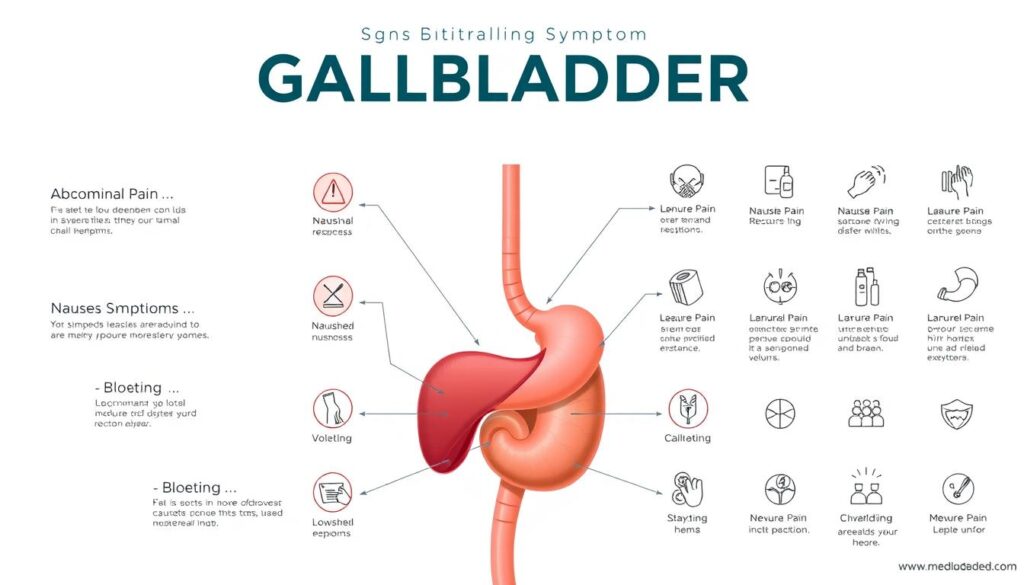
In the U.S., 20 million adults face gallbladder issues. Symptoms range from mild to severe pain6.
Warning Signs to Watch
- Abdominal pain in the upper right quadrant
- Persistent nausea or vomiting
- Unexpected digestive changes
- Bloating and gas
Emergency Symptoms
Some symptoms need urgent care. Jaundice, or yellow skin or eyes, is a serious sign. Severe pain and fever are also red flags6.
When to Seek Medical Help
See a doctor if you have:
- Intense abdominal pain lasting more than a few hours
- Fever with chills
- Unexplained weight loss
- Persistent digestive issues
Women are more likely to get gallstones. They should watch for symptoms closely6. About 70-80% of people with gallstones don’t show symptoms. Regular check-ups are crucial6.
Dietary Guidelines for Optimal Gallbladder Health
Your diet is key to a healthy gallbladder. A diet that’s good for your gallbladder includes foods that help with digestion and prevent problems. Knowing which foods to eat and which to avoid is important for your gallbladder health.
Eating a balanced diet can protect your gallbladder and improve digestion. Here are some important dietary tips:
- Incorporate fiber-rich foods to support digestion
- Choose healthy fats that stimulate proper bile release
- Select lean proteins for gentle digestion
- Maintain proper hydration
“Nutrition is the foundation of gallbladder health” – Digestive Wellness Experts
Your meals should focus on whole foods that aid digestion. Eat fiber-rich foods like veggies, fruits, and whole grains. These foods help prevent cholesterol buildup and aid digestion.
| Food Category | Recommended Choices | Portion Guidance |
|---|---|---|
| Healthy Fats | Avocados, olive oil, nuts | 2-3 servings daily |
| Lean Proteins | Chicken, fish, tofu | 4-6 oz per meal |
| Fiber Sources | Beans, whole grains, vegetables | 25-30g daily |
Choosing the right foods can boost your digestive health and lower the risk of gallbladder problems. Always talk to a healthcare expert for diet advice that fits your needs7.
Natural Remedies and Supplements for Gallbladder Support
Keeping your gallbladder healthy is a big job. It needs natural remedies, key nutrients, and good lifestyle habits. Supplements and herbs can help a lot with your digestion and avoiding problems8.
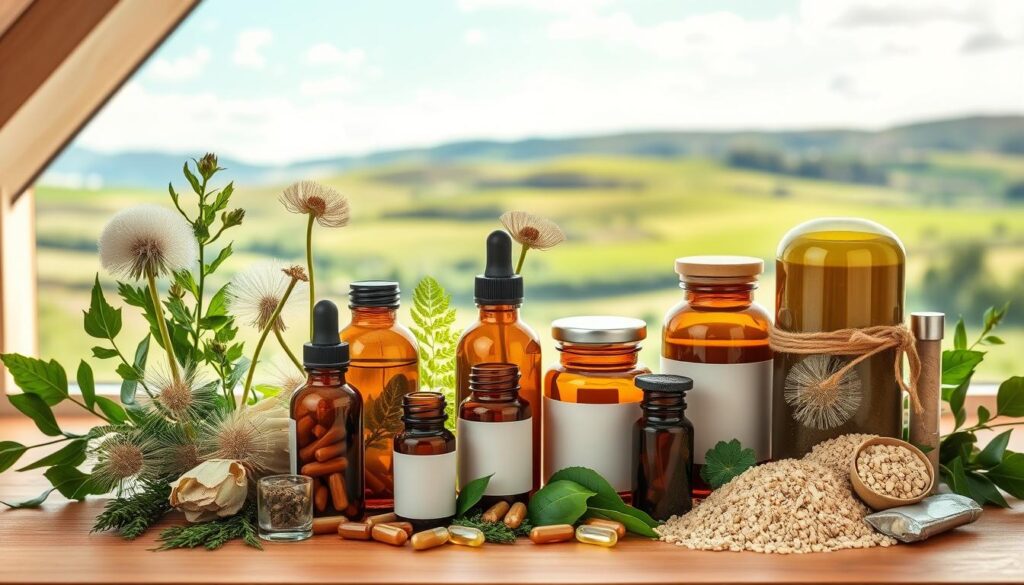
Herbal Solutions for Gallbladder Support
Many herbs are good for your gallbladder:
- Milk Thistle: Helps your liver and gallbladder
- Dandelion Root: Boosts bile production
- Turmeric: Fights inflammation and aids digestion
Essential Nutrients for Gallbladder Wellness
Your diet affects your gallbladder a lot. Important nutrients include:
- Magnesium
- Vitamin C
- Omega-3 fatty acids
Lifestyle Modifications for Optimal Gallbladder Health
Changing your lifestyle can really help your gallbladder8. Try these tips:
- Stay at a healthy weight
- Exercise often
- Deal with stress well
- Eat a diet full of fruits and veggies
Looking after your gallbladder can stop big problems and keep your digestion healthy.
Using natural supplements, herbs, and lifestyle changes can greatly help your gallbladder health8.
Medical Treatments and Surgical Options
When natural remedies don’t work, medical treatments are key for gallbladder problems. Your doctor might suggest different treatments based on your condition9.
Gallbladder surgery, or cholecystectomy, is often the go-to solution for long-term issues. Surgeons usually choose laparoscopic methods for less invasion and quicker healing10. This involves small cuts and special tools to remove the gallbladder.
- Laparoscopic cholecystectomy: Minimally invasive surgical method
- Open surgical technique: Traditional approach for complex cases
- ERCP: Non-surgical procedure for removing bile duct gallstones
For tough gallstone cases, ERCP is a non-surgical option. It removes stones from bile ducts9. Robotic-assisted surgery is also gaining popularity for its accuracy and fewer complications10.
Your surgery choice depends on your health, the gallstones, and risks. Always talk to a healthcare expert to find the best treatment for you9.
Prevention Strategies and Lifestyle Changes
Keeping your gallbladder healthy starts with taking care of your overall health. It’s not just one thing, but a whole set of healthy habits that help your digestive system11.
Exercise Recommendations
Exercise is key for gallbladder health. It helps you stay at a healthy weight and lowers the risk of gallbladder issues12. Here are some tips:
- Aim for 150 minutes of moderate-intensity aerobic activity weekly
- Include strength training exercises 2-3 times per week
- Practice low-impact activities like walking, swimming, or cycling
Stress Management Techniques
Too much stress can hurt your digestive health. Using stress-reducing methods can help your gallbladder and overall health13:
- Practice daily meditation or deep breathing exercises
- Maintain a consistent sleep schedule
- Engage in regular physical activity
- Consider counseling or stress management workshops
Weight Management Strategies
Managing your weight is crucial for preventing gallbladder disease. Being overweight raises your risk of gallbladder problems11. Here’s how to stay on track:
- Maintain a balanced, nutritious diet
- Avoid rapid weight loss
- Track calories and portion sizes
- Consult with a nutritionist for personalized advice
A healthy lifestyle includes these strategies. It lowers your risk of gallbladder problems and boosts your overall health.
Living Without a Gallbladder
Life after gallbladder removal can be tough, but many people adjust well. Your body will learn to digest food without a gallbladder. You might feel some digestive changes at first14.
Your liver still makes bile, but it goes straight to your small intestine. This can make digesting fat harder. You might feel bloated, have diarrhea, or feel sick to your stomach14.
To handle your diet after gallbladder removal, try these tips:
- Keep fat intake under 30% of your daily calories15
- Eat smaller meals more often
- Use digestive enzyme supplements
- Add probiotics for better gut health14
Supplements can help your digestive system a lot. Think about adding:
| Supplement | Benefit |
|---|---|
| Digestive Enzymes | Help with fat digestion and nutrient absorption14 |
| Bile Acid Supplements | Make fat digestion better and reduce symptoms14 |
| Probiotics | Boost gut health and immune function14 |
It’s key to see your doctor regularly. They might check your nutrition and health often15. With the right care and changes, you can live well without a gallbladder.
Conclusion
Your journey to understand gallbladder health shows how important it is for your digestive system. You now know how to keep your gallbladder working well16.
Changing your lifestyle and watching for symptoms can really help your gallbladder. Eating right, getting regular check-ups, and being mindful are all important. These actions help keep your gallbladder healthy and prevent problems17.
Your body is a whole system, and taking care of your gallbladder is key to being healthy. By knowing what to eat and listening to your body, you can keep your gallbladder safe. Taking care of your digestive system now will help you stay healthy and full of energy for years to come16.
FAQ
What exactly does the gallbladder do in my body?
How can I tell if I have gallbladder problems?
What causes gallstones to form?
Can I prevent gallbladder problems through diet?
What happens if my gallbladder needs to be removed?
Are there natural supplements that support gallbladder health?
Who is most at risk for gallbladder issues?
Can stress affect my gallbladder health?
Source Links
- Gallbladder Health: Natural Causes, Symptoms, and Remedies – https://ghamahealth.com.au/blogs/wellness-blog/gallbladder-health-natural-causes-symptoms-and-remedies?srsltid=AfmBOooVdKeX8hGs0RUbUfRRrgtnx37ygls_t0K9mzvTymiVD7bef9nC
- Gallbladder Health: Natural Causes, Symptoms, and Remedies – https://ghamahealth.com.au/blogs/wellness-blog/gallbladder-health-natural-causes-symptoms-and-remedies?srsltid=AfmBOoqKrNOc4nNFN4dcYkN-WX1B-uRTm0f06sfXFThiJnaO1lmJ4lBC
- The Liver: Essential Functions and How to Keep It Healthy – https://www.everydayhealth.com/digestive-health/liver-what-it-is-and-how-it-functions/
- female gallstone patients: Topics by Science.gov – https://www.science.gov/topicpages/f/female gallstone patients
- PDF – https://www.rstjournal.com/wp-content/uploads/2017/12/RST-2-2017.pdf
- How and When to Be Your Own Doctor – https://www.gutenberg.org/ebooks/4343.html.images
- Blog — Julie Hoskin Nutrition and Wellness – https://www.neversettlehealthandnutrition.com/blog
- complicated gallstone disease: Topics by Science.gov – https://www.science.gov/topicpages/c/complicated gallstone disease.html
- Gallbladder Health: Natural Causes, Symptoms, and Remedies – https://ghamahealth.com.au/blogs/wellness-blog/gallbladder-health-natural-causes-symptoms-and-remedies?srsltid=AfmBOor97S4ShMywqPiPoxFyElRjvc2zYpuHNXscJkGIcPNRmqEryHdY
- Robotic Surgery News – Dr. Brian Harkins – https://www.drbrianharkins.com/robotic-surgery/latest-news/
- The Effects of Obesity on Your Body – https://www.healthline.com/health/obesity/how-obesity-affects-body
- How to Prevent Gastric Cancer: 9 Essential Tips | Kauvery Hospital – https://www.kauveryhospitalsbangalore.com/blog/gastrointestinal-cancers-and-tips-to-avoid-them
- SIBO Relapse: Prevention and Long-Term Success – https://www.parishealingarts.com/sibo-relapse-prevention/
- Supplements to Consider After Gallbladder Removal – Dr. Adam S. Harris, M.D. – https://surgeonadamharris.com/supplements-to-consider-after-gallbladder-removal/
- Thriving Without a Gallbladder: A Comprehensive Guide – https://www.ultalabtests.com/blog/digestive-system/digestive-health/thriving-without-a-gallbladder-a-comprehensive-guide/?srsltid=AfmBOooNHWmN5BJyz7xOce5mNlVdiloYxYyTuEl8dkUZV49N8LgJ973m
- Blog | Peachtree Medical Center – https://www.myprivia.com/peachtreemedicalcenter/patient-resources/blog
- Understanding How Liver Function Impacts Health – https://cura4u.com/blog/understanding-how-liver-function-impacts-health
